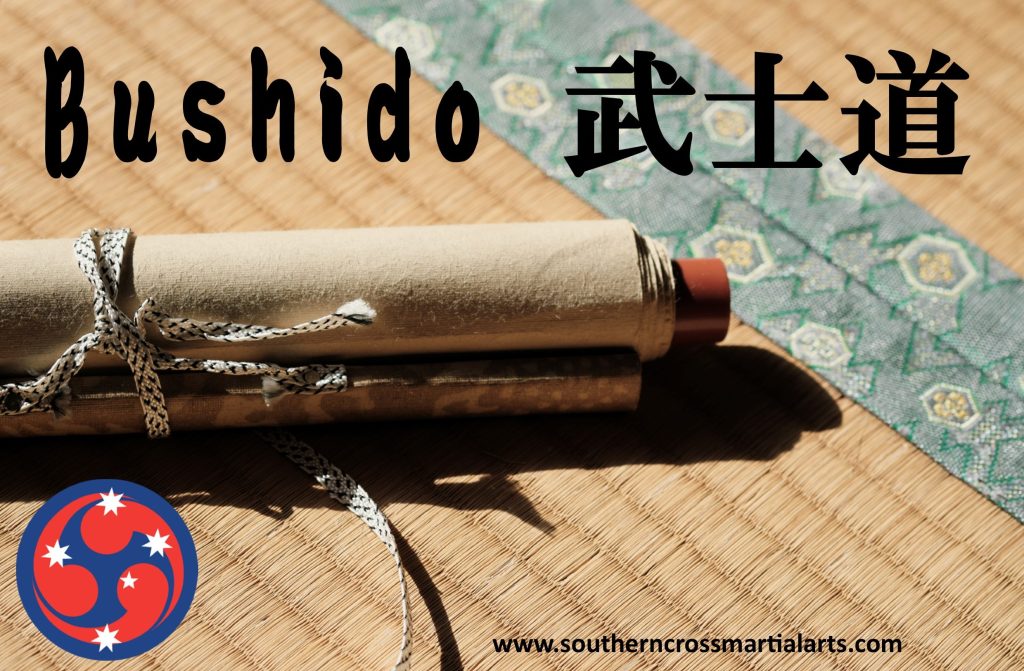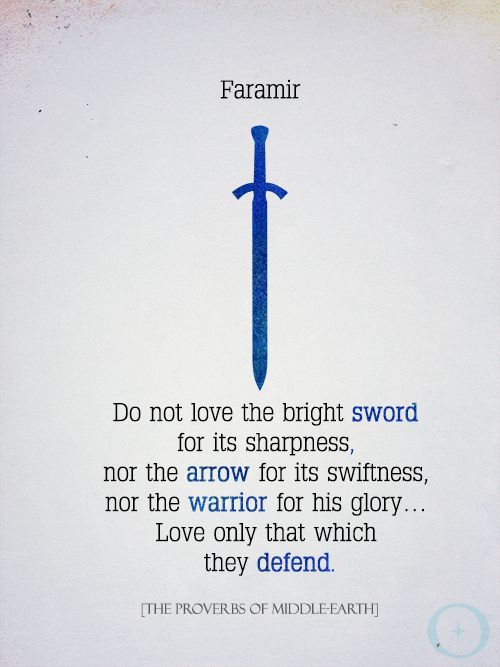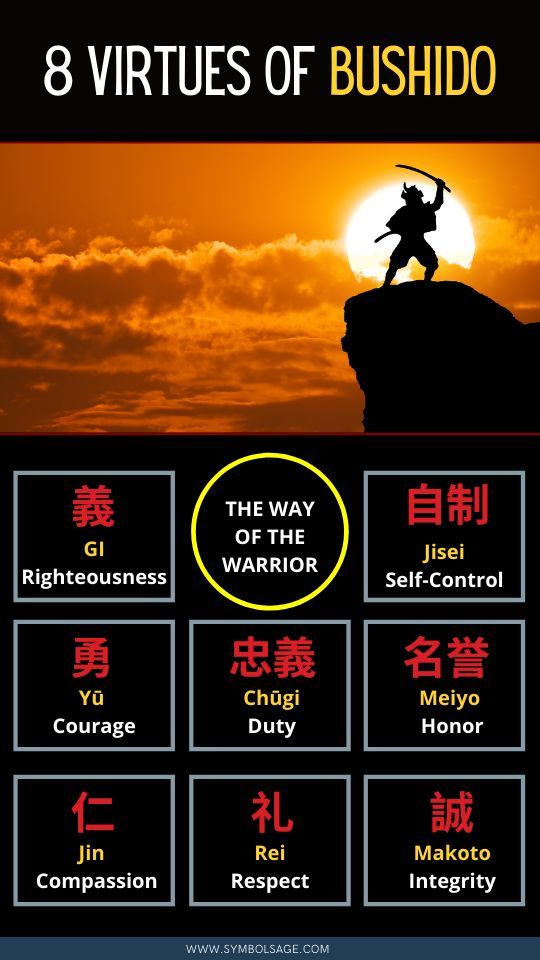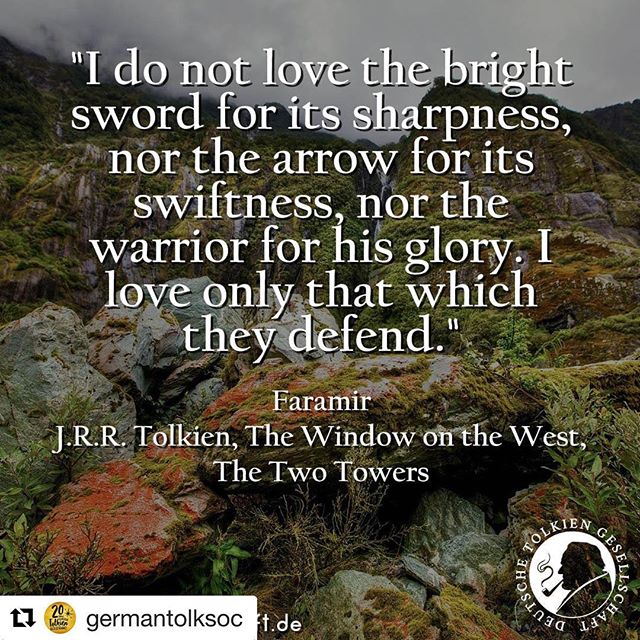
The purpose of a warrior’s code is to provide a set of principles, values, and guidelines that govern the behaviour and actions of warriors. It serves as a moral compass and a code of conduct, helping warriors maintain discipline, honour, and integrity in their roles as protectors. The specific contents of a warrior’s code can vary across cultures and time periods, but some common themes include courage, loyalty, honor, duty, self-discipline, and respect.

The term Būshidō(武士道), or “Way of the Warrior” is often thrown around in martial arts circles, and many Western martial arts instructors like to elevate the ‘practice’ to the level of cultiness; but what is this “Way of the Warrior” and what purpose does it serve in the 21st Century.
Būshidō, which translates to “the way of the warrior,” is a code of conduct and a set of ethical principles that originated in feudal Japan and was practiced by the samurai, the warrior class of that place and time. While Būshidōwas historically associated with the samurai, its modern application extends beyond the realm of martial arts and has influenced various aspects of Japanese society and culture. Here’s an overview of the modern application of Būshidō:
- Personal Development: Modern practitioners of Būshidō focus on personal development and self-improvement. They strive to cultivate virtues such as courage, honesty, humility, and benevolence. Through disciplined practice, they aim to enhance their character and develop a strong sense of morality and integrity. This personal development extends beyond the martial arts and is applicable to various aspects of life.
- Professional Ethics: The principles of Būshidō have found application in various professional settings. In business, professionals may draw upon the values of Būshidō to guide their conduct and decision-making, emphasising honesty, fairness, and loyalty to customers and colleagues. In the educational field, teachers and educators may incorporate Būshidō principles to instil discipline, integrity, and a strong work ethic in their students. In politics and public service, adherence to principles such as honour, duty, and self-sacrifice can shape the behaviour and leadership style of politicians and civil servants.
- Martial Arts: The connection of Būshidō to martial arts remains significant. Modern martial arts schools, such as karate, judo, kendo, and aikido, often incorporate the principles of Būshidō into their training. Students are encouraged to practice self-discipline, respect for their opponents, and adherence to ethical guidelines both within and outside the training hall. The goal is not only to develop physical skills but also to nurture a strong character and a sense of honour.
- Leadership and Management: Būshidō has left a lasting impact on leadership and management practices in Japan. Ideas such as leading by example, prioritizing the collective over the individual, and emphasizing the well-being of subordinates can be traced back to the principles of Būshidō. The concept of “Būshidō no jisei” or “the death of Būshidō” highlights the idea that leaders should be willing to sacrifice their own interests for the greater good of the organization or society.
- Cultural Expression: The influence of Būshidō can be observed in various forms of cultural expression in Japan, and indeed, anywhere exposed to Japanese popular culture. Literature, films, and art often draw upon the ideals of Būshidō to explore themes of honour, loyalty, sacrifice, and personal growth. Stories featuring samurai and other warrior figures often delve into the ethical dilemmas they face and the internal struggles they endure while adhering to the code of Būshidō.
- Social Etiquette and Behaviour: In Būshidō the emphasis on respect, politeness, and consideration for others has shaped social etiquette and behaviour in Japanese society. Concepts such as “keigo” (polite language) and “omoiyari” (consideration for others) reflect the underlying principles of Būshidō. Respect for elders, deference to authority, and a strong sense of duty and obligation in interpersonal relationships are influenced by the code.
- Sporting Ethics: The principles of Būshidō extend to the world of sports in Japan, and of course those Japanese sports (such as the combat sports of sport karate, kendo or judo). Athletes often strive to embody values such as fair play, sportsmanship, and perseverance. They draw inspiration from the emphasis of Būshidō on discipline, honour, and respect for opponents. These values contribute to a positive and ethical sporting culture.
The core tenets of Būshidō encompass a set of ethical principles that guided the samurai class in feudal Japan. These principles formed the foundation of their code of conduct and shaped their behaviour both on and off the battlefield. While interpretations of Būshidō may vary, the following are commonly considered as the core tenets:
- Gi 義 (Rectitude): Gi refers to moral and ethical rectitude. It emphasises the importance of acting with integrity, honesty, and righteousness. Samurai were expected to uphold a strong sense of justice, always striving to do what is right and honourable in all situations.
- Yu 勇 (Courage): Yu represents bravery and fearlessness in the face of adversity. Samurai were expected to cultivate inner strength and display courage in battle, as well as in everyday life. They believed in overcoming their fears and embracing challenges without hesitation.
- Jin 仁 (Benevolence): Jin refers to compassion, benevolence, and empathy. It emphasizes the importance of kindness and goodwill towards others. Samurai were expected to treat people with respect, help those in need, and show compassion even to their enemies when circumstances allowed.
- Rei 礼 (Respect): Rei signifies respect, both for oneself and for others. It emphasizes the importance of courtesy, politeness, and proper etiquette. Samurai were expected to show respect to their superiors, peers, and subordinates, as well as to uphold the traditions and customs of their society.
- Makoto 誠 (Honesty): Makoto represents sincerity, honesty, and loyalty. Samurai were expected to be true to their word, maintain their integrity, and fulfill their obligations and commitments. Honesty and loyalty were highly valued virtues, and samurai were expected to demonstrate unwavering loyalty to their lords and masters.
- Meiyo 名誉 (Honour): Meiyo embodies honour, dignity, and reputation. Samurai placed great importance on maintaining their personal and family honour. They were willing to sacrifice their own lives or reputation to preserve their honour and the honour of their families, clans, and ancestors.
- Chūgi 忠義 (Loyalty): Chūgi signifies loyalty and devotion. Samurai were expected to demonstrate unwavering loyalty and obedience to their lords and superiors. Loyalty to one’s lord and the feudal hierarchy was considered paramount, and samurai were willing to lay down their lives in service to their masters.
- Jisei 自制 (Self-control): Self-control means adhering to the code under all circumstances, when with others and when alone.

These core tenets formed the backbone of Būshidō and provided a moral compass for the samurai. It’s important to note that while these principles were originally developed for the samurai class, their influence has extended beyond the warrior class, shaping various aspects of Japanese culture and society even in the modern era.
Like almost everything these days, Būshidō has both positive and negative aspects. While it emphasizes honourable behaviour, loyalty, and self-discipline, it is important to recognize that some negative aspects or criticisms have been associated with Būshidō. Here are a few examples:
- Unquestioning loyalty: Būshidō places great emphasis on unwavering loyalty to one’s lord or master. This absolute loyalty could potentially lead to blind obedience and the unquestioning execution of orders, even if they are morally questionable. This aspect of Būshidō can undermine individual autonomy and ethical decision-making. Some martial arts organisations have ruthlessly exploited this tenet for their gain, and to the students detriment. In your assessment of a schools culture, look at the manifestations of loyalty. Are they top down, bottom up or a mixture of both. How does that mesh with your personal values?
- Ruthlessness and violence: Būshidō celebrates martial prowess and the readiness to engage in combat. This emphasis on violence and the glorification of death in battle can lead to a culture that disregards the value of human life. It may perpetuate a cycle of revenge and aggression, as samurai were expected to seek vengeance for personal honour and loyalty. This can be extremely anachronistic and detrimental to the student in the modern era.
- Social hierarchy and discrimination: Būshidō was closely tied to the feudal social structure of Japan, where samurai occupied the top of the social hierarchy. This system enforced strict social divisions, leading to discrimination and oppression of lower classes such as peasants and artisans. The Būshidō ideals of honour and loyalty could reinforce class-based discrimination and limit social mobility. Furthermore, popular culture has further blurred the lines here regarding gender roles, identity and sexuality. Nothing was, or is, carved from stone.
- Limited roles for women: Traditional Būshidō largely excluded women from its principles and expectations. It upheld a patriarchal society, relegating women to subordinate roles and emphasizing their obedience and loyalty within the household. This exclusion of women from the code limited their autonomy and denied them opportunities for personal development and self-expression. The modern iteration has come a long way but there is more work to be done. Būshidō and martial arts training is however, a great tool for social liberation.
- Suppression of emotions: Būshidō promotes self-discipline and control over one’s emotions, including suppressing or concealing feelings. While this can be seen as a means of maintaining composure and focus in high-pressure situations, it can also lead to emotional repression and a lack of emotional well-being. It may discourage individuals from seeking support or expressing vulnerability. Balance is everything.
It is important to note that these negative aspects of Būshidō should be considered in their historical context. The samurai era and its code of Būshidō emerged in a specific social and cultural context and were shaped by the prevailing values and norms of that time.
While the modern application of Būshidō incorporates its traditional principles, it also allows for adaptations and interpretations to suit contemporary contexts. Individuals and communities may prioritize certain values over others based on their specific needs and circumstances. However, the core ideals of honour, integrity, and self-discipline continue to be the foundation of the modern application of Būshidō.
One of the benefits of Būshidō in the context of martial arts training is that it can bolster and augment the development of the student’s sense of self and identity. Martial arts practice can have a profound impact on one’s identity, offering numerous benefits that contribute to personal growth and self-discovery. Here are several ways in which martial arts can help shape and strengthen an individual’s identity:
- Self-awareness and self-confidence: Martial arts training encourages practitioners to explore their strengths and weaknesses, fostering self-awareness. As individuals gain a deeper understanding of their physical and mental capabilities, they develop self-confidence and a stronger sense of identity. Martial arts provide a platform to challenge oneself, overcome obstacles, and achieve personal goals, which contributes to a positive self-image.
- Discipline and perseverance: Martial arts require discipline, commitment, and consistent practice. Through training, individuals learn to set goals, maintain focus, and overcome setbacks. The discipline instilled in martial arts cultivates a sense of responsibility and accountability, which can shape one’s identity by fostering qualities such as resilience, determination, and perseverance.
- Emotional regulation and self-control: Martial arts training often emphasizes the development of emotional regulation and self-control. Practitioners learn to manage their emotions during training, promoting a sense of inner balance and control. This aspect of martial arts practice helps individuals develop a strong sense of identity by encouraging emotional intelligence and the ability to handle challenging situations with composure.
- Values and ethics: Many martial arts styles incorporate philosophical teachings and ethical principles. These values, such as respect, integrity, humility, and honor, become an integral part of a practitioner’s identity. Martial arts training provides a framework for moral development, shaping one’s identity by promoting a strong moral compass and fostering virtuous behaviour.
- Sense of community and belonging: Martial arts often involve training in a group setting, fostering a sense of community and belonging. Practitioners develop bonds with fellow martial artists, creating a supportive network. The shared experiences, camaraderie, and mutual respect within the martial arts community contribute to a sense of identity and belonging, providing a positive social context for personal growth.
It’s important to note that while these references provide some insights into the relationship between martial arts and identity, individual experiences may vary. The impact of martial arts on identity can be influenced by various factors such as the style of martial art, the instructor, the training environment, and the personal motivations of the practitioner.
Further Reading
Bushido – Wikipedia
The History of the Bushido Code: Principles of Samurai Culture – Invaluable
Imperial Japan saw itself as a ‘warrior nation’ – and the idea lingers today – Oleg Benesch
Bushido and Japanese Atrocities in World War II – Michael Fassbender
BUDO VS BUSHIDO – AWMA Blog
7 Bushido Values – Relevant today? Andy Sensei Blog
Bushido: The Way of Total Bullshit – Aya Francisco
Bushido – Encycolpedia.com
Some Inspirational Quotes





SPECIAL OFFER: TWO Weeks Unlimited Classes + FREE Uniform for Just $39.99 (valued at $65)
